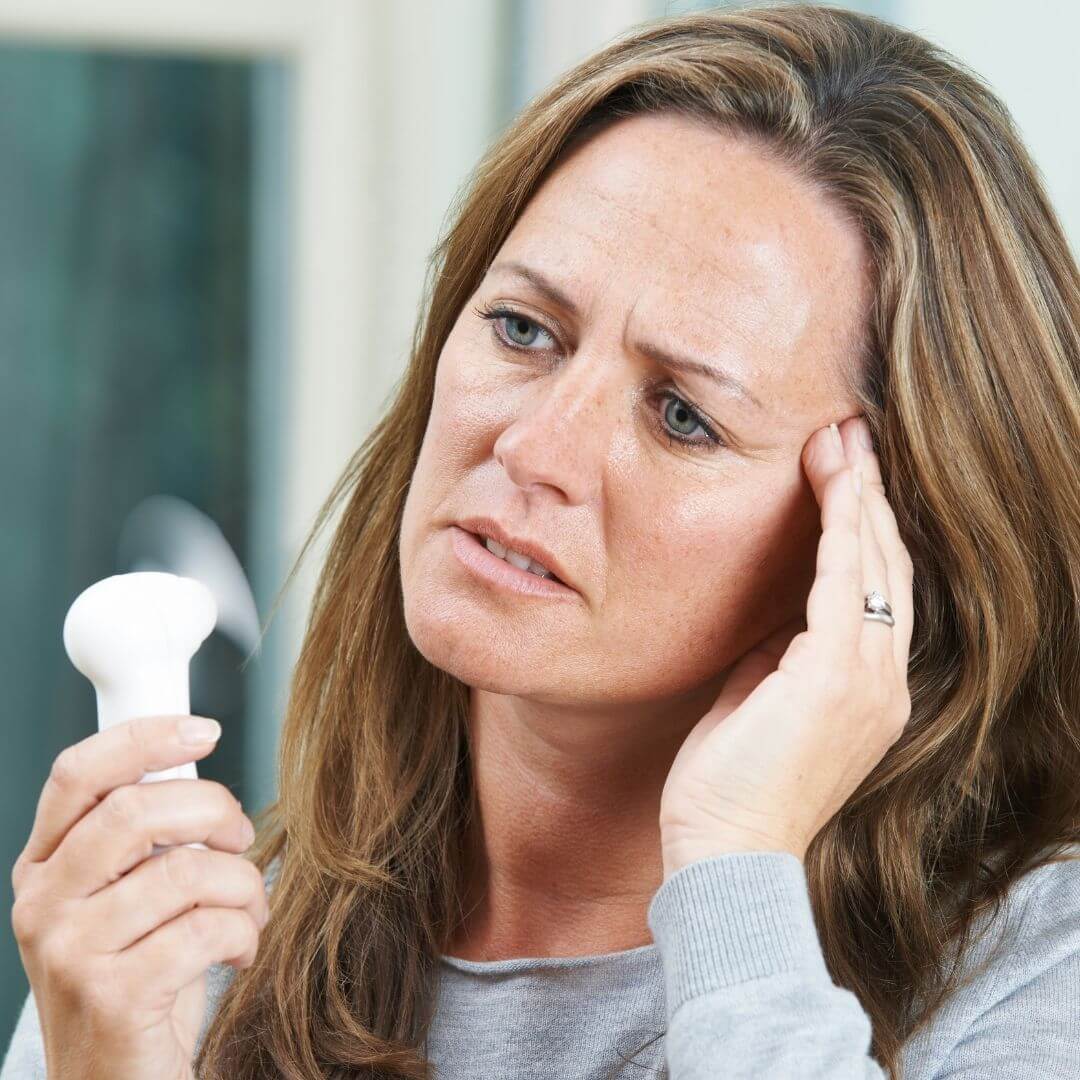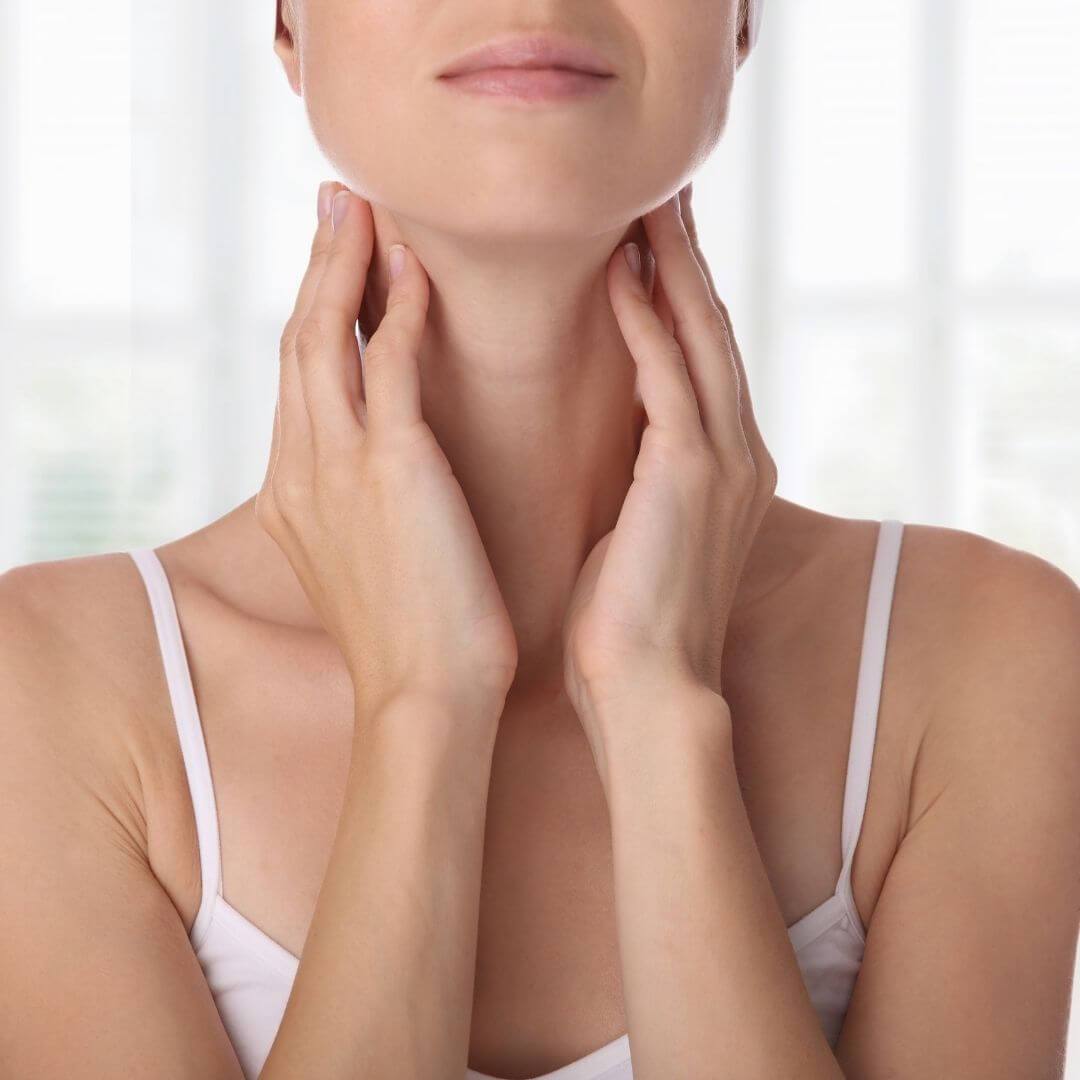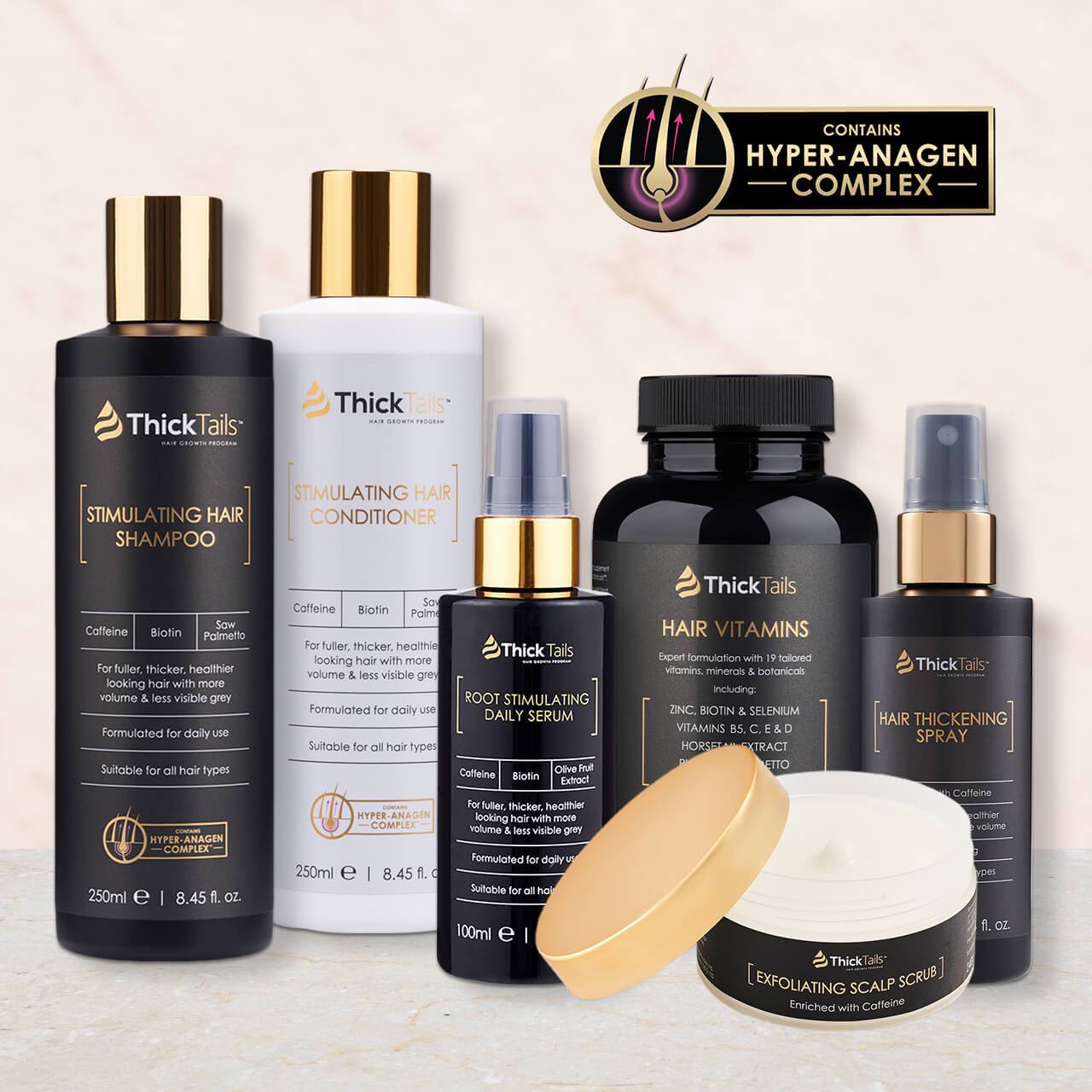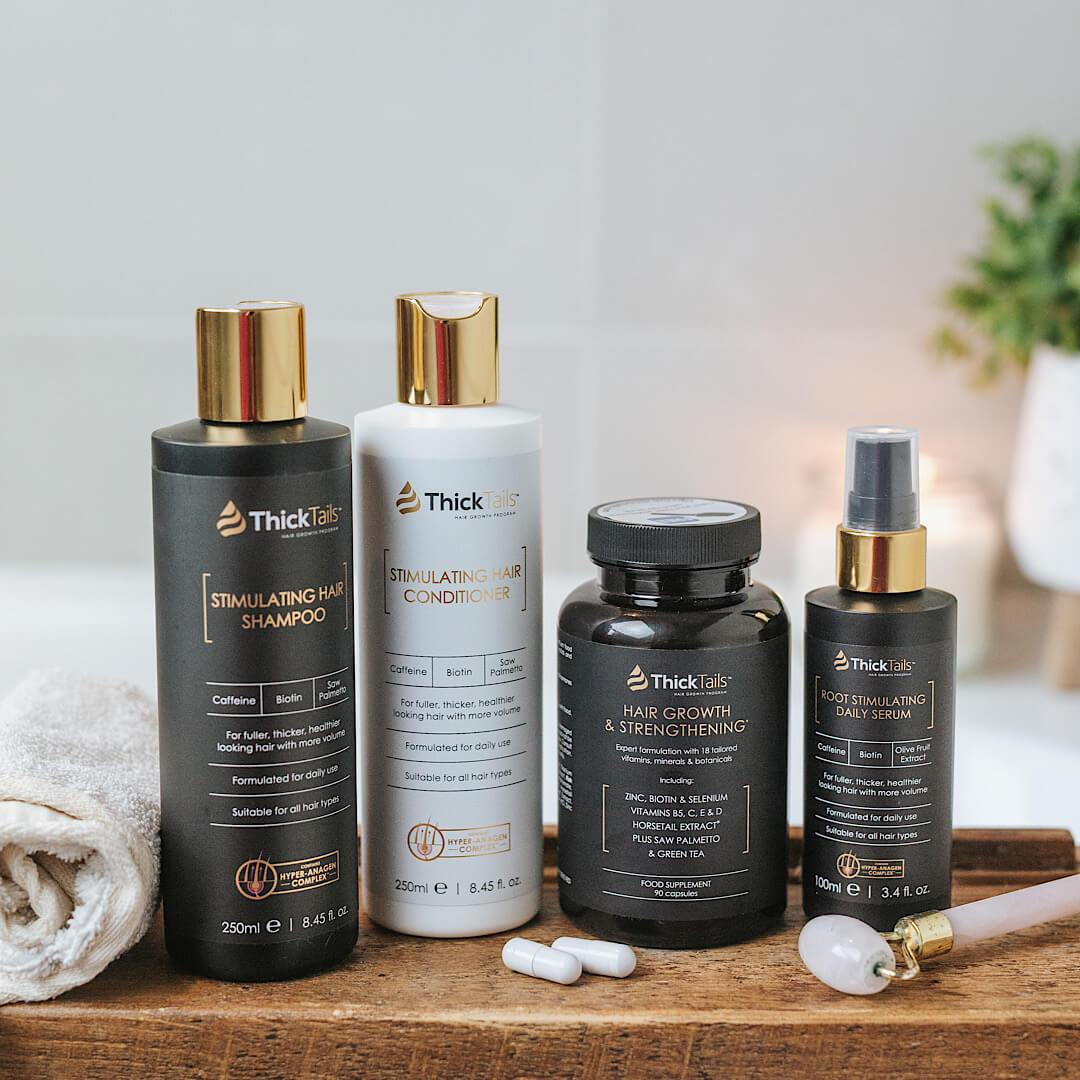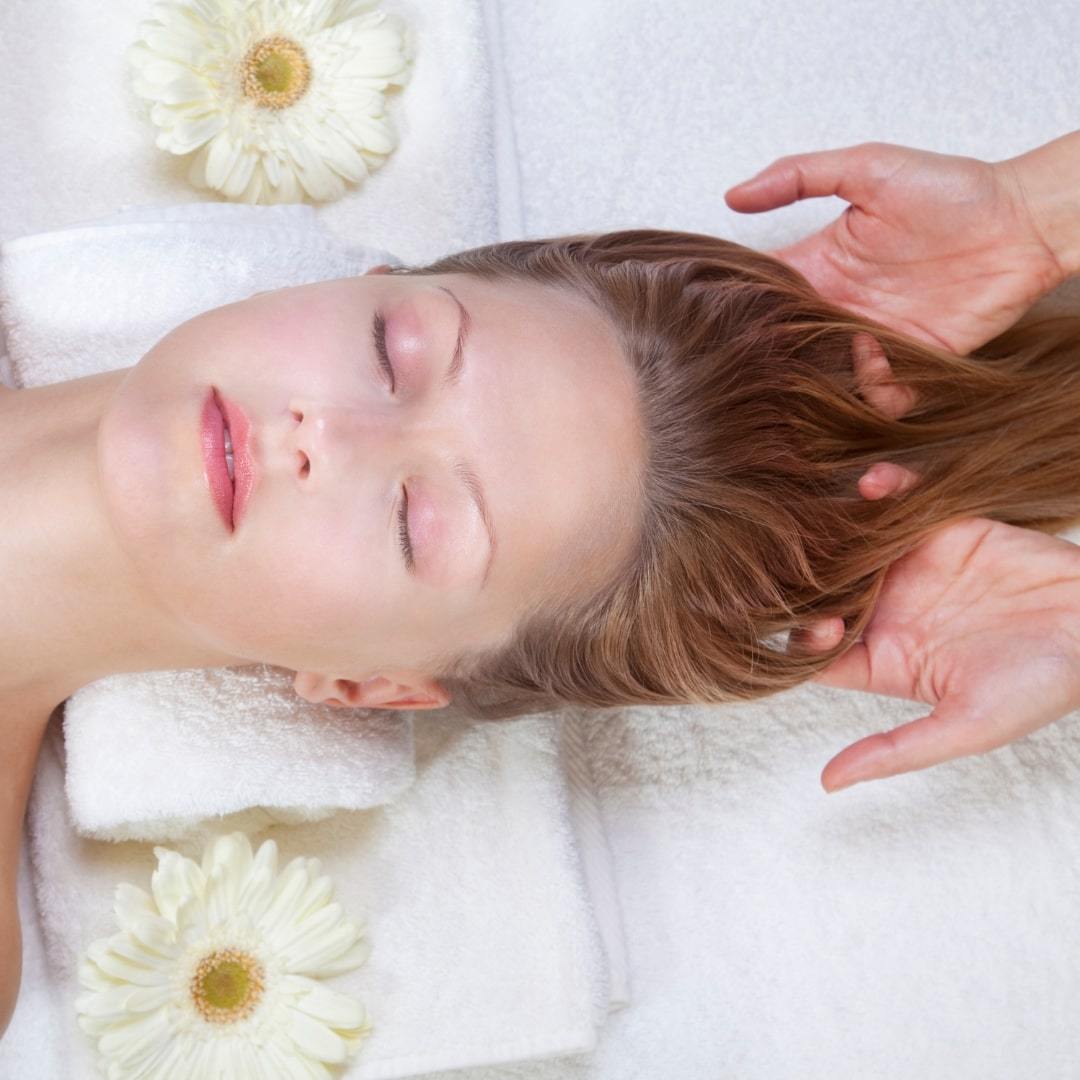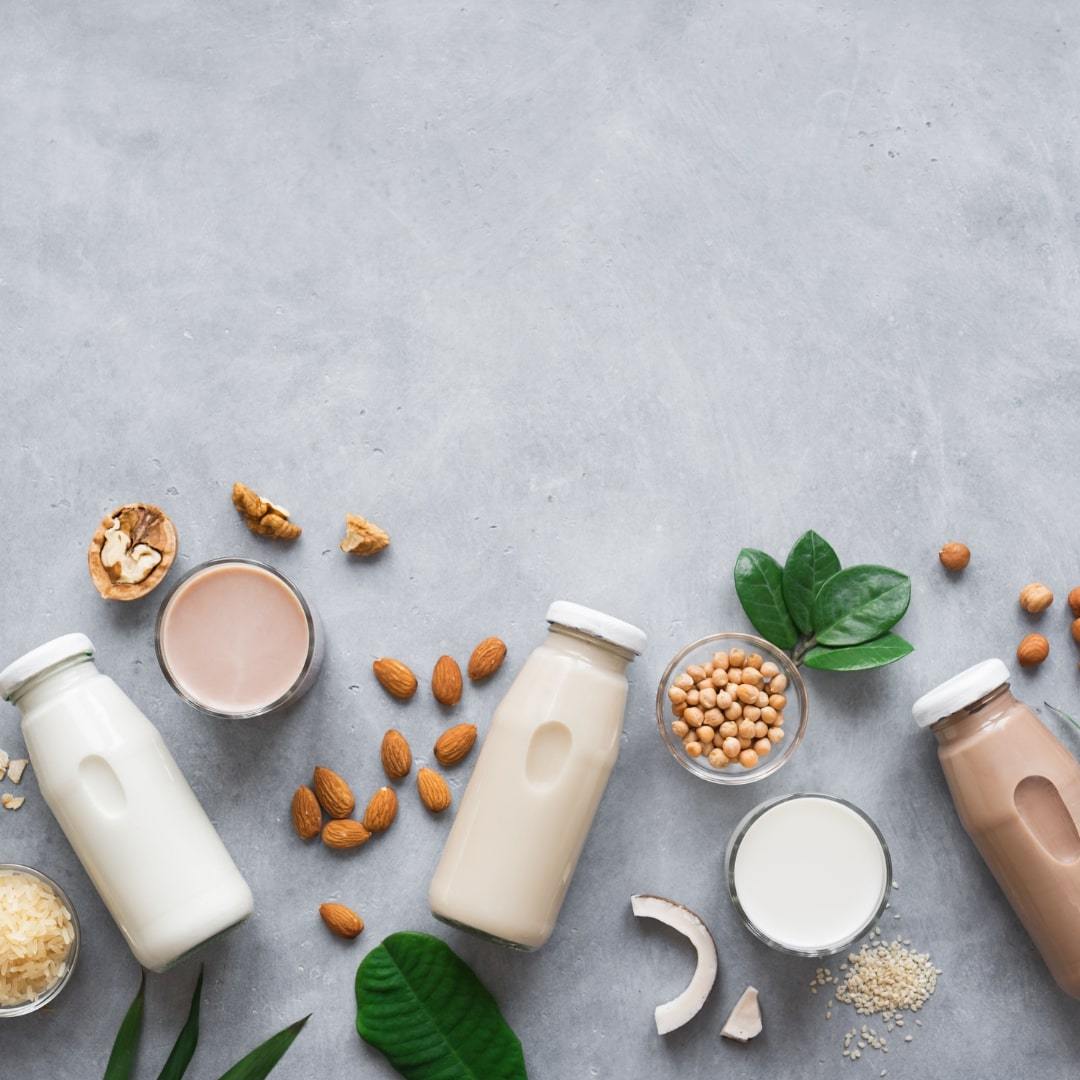Aging is a natural part of life, but one of the most distressing changes for many men is hair loss. This transformation isn't just about vanity; it can impact self-esteem and overall confidence. If you're noticing more hair in your brush or shower drain, you're not alone.
In this blog post, we'll explore why hair loss happens as men grow older, identify early signs to look out for, and offer actionable strategies to slow down the process. By understanding the biological factors and making informed lifestyle choices, you can take control of your hair health.
Biological Changes in Aging that Contribute to Hair Loss

As men age, biological changes such as hormonal fluctuations and a decrease in both blood circulation and nutrient supply to hair follicles contribute to hair loss. Using the right shampoo and conditioner specifically formulated for thinning hair can help cleanse the scalp and provide essential nutrients to promote healthier strands. Additionally, incorporating a specialized serum designed to combat hair loss can invigorate the hair follicles, potentially slowing down the balding process. By actively choosing these targeted hair care products, men can take proactive steps toward maintaining their hair health as they navigate the challenges of aging.
Hormonal Shifts: Understanding the Impact of DHT and Testosterone on Hair Follicles
Hormones play a crucial role in hair growth and loss. Testosterone, a hormone abundant in men, converts into dihydrotestosterone (DHT). DHT interacts with hair follicles, causing them to shrink and eventually stop producing hair. This process accelerates with age, leading to thinning hair and baldness in some cases.
The sensitivity of your hair follicles to DHT can be inherited, meaning if your father or grandfather experienced hair loss, you might be more susceptible. Fortunately, there are treatments available that specifically target DHT production, helping to mitigate its effects.
Reduced Blood Circulation: How Aging Affects Scalp Health and Hair Growth
Blood circulation is essential for delivering nutrients to hair follicles. As you age, circulation tends to decrease, which can weaken follicles and slow down hair growth. This reduced blood flow means that your hair isn't getting the support it needs to stay healthy and strong.
Improving circulation can be as simple as incorporating scalp massages into your routine or using products designed to stimulate blood flow. These small steps can make a significant difference in maintaining hair health as you age.
Cellular Aging: The Role of Oxidative Stress and DNA Damage in Thinning Hair
Cellular aging involves oxidative stress and DNA damage, which can adversely affect hair follicles. Free radicals, unstable molecules that cause damage to cells, increase with age and contribute to hair thinning. Antioxidants, either through diet or topical treatments, can help combat oxidative stress and protect your hair from this type of damage.
Understanding these biological changes is the first step in combating age-related hair loss. With the right knowledge, you can take proactive measures to support your hair health.
Identifying Early Signs of Age-Related Hair Loss
Identifying early signs of age-related hair loss is crucial for men looking to take action before the situation worsens. Noticing a wider part in your hair, excessive hair on your pillow, or a receding hairline can be early indicators. To combat these changes, using a targeted shampoo and conditioner can cleanse and nourish the scalp, while a specialized serum can invigorate hair follicles. These products work in tandem to address hair loss and promote healthier growth, empowering men to take control of their hair health as they age.
Gradual Thinning: Recognizing Patterns of Hair Loss in Different Areas
One of the earliest signs of aging-related hair loss is gradual thinning. This typically starts at the temples or crown and progresses over time. Paying attention to these patterns can help you identify hair loss early and take action before it becomes more noticeable.
Photography can be a useful tool here; periodic pictures of your scalp can provide a visual representation of hair thinning over time. The sooner you recognize these signs, the quicker you can intervene with appropriate treatments.
Hair Texture Changes: How Aging Alters Hair Quality and Manageability
Aging doesn't just affect the amount of hair you have; it also changes the texture. Hair can become finer, drier, and less manageable. These changes are often due to decreased oil production in the scalp and altered hair structure.
Switching to a hydrating shampoo and conditioner specifically designed for aging hair can help maintain your hair's quality. Products containing ingredients like argan oil or hyaluronic acid can restore moisture and improve manageability.
Scalp Sensitivity: Increased Scalp Dryness and Its Connection to Hair Loss
Another sign of aging-related hair loss is increased scalp sensitivity and dryness. A dry, flaky scalp can contribute to hair loss by creating an unhealthy environment for hair follicles. It's essential to address scalp health to support overall hair growth.
Hydrating treatments, such as scalp serums or masks, can alleviate dryness and improve the condition of your scalp. Regular exfoliation can also help remove dead skin cells and promote healthier hair growth.
Strategies to Slow Down Age-Related Hair Loss

To effectively combat age-related hair loss, men should consider incorporating specialized shampoo and conditioner into their daily hair care routine. These products not only cleanse the scalp but also deliver essential nutrients that can help strengthen hair follicles. Additionally, using a targeted serum can provide an extra boost, invigorating the hair and potentially slowing down the hair loss process. By combining these tailored hair care solutions, men can take proactive measures to support their hair health as they age.
Topical Treatments: Using Serums and Shampoos to Support Hair Follicle Health
Topical treatments are a frontline defense against hair loss. Products like minoxidil can stimulate hair growth and slow down the thinning process. Specialized shampoos and conditioners containing biotin, keratin, and other hair-strengthening ingredients are also beneficial.
Applying a hair serum daily can provide your scalp with essential nutrients and improve follicle health. Look for serums that include ingredients like caffeine, which can stimulate blood flow, and peptides, which can strengthen hair shafts.
Nutritional Support: Key Supplements and Dietary Adjustments for Stronger Hair
Nutrition plays a vital role in hair health. Deficiencies in vitamins and minerals can exacerbate hair loss. Key supplements that support hair growth include biotin, vitamin D, and omega-3 fatty acids. These nutrients are essential for maintaining hair strength and promoting growth.
Incorporating foods rich in these vitamins into your diet can also make a significant difference. Think leafy greens, nuts, and fatty fish. A balanced diet, combined with targeted supplements, can support hair health from the inside out.
Lifestyle Modifications: Stress Management, Sleep, and Their Effects on Hair Retention
Lifestyle factors like stress and inadequate sleep can accelerate hair loss. High-stress levels increase cortisol, a hormone that can disrupt hair growth cycles. Similarly, lack of sleep can impede the body's ability to repair and regenerate hair follicles.
Incorporating stress management techniques such as meditation, exercise, and hobbies can help reduce cortisol levels. Ensuring you get enough sleep each night is equally important for maintaining healthy hair.
By making these lifestyle adjustments, you can create a more supportive environment for hair retention and overall well-being.
Conclusion
Hair loss can be a challenging aspect of aging, but understanding the underlying biological factors and taking proactive steps can make a significant difference. Recognizing early signs, using targeted treatments, and making lifestyle changes can help you maintain your hair health as you age.
Don't wait until hair loss becomes a significant issue. Start incorporating these strategies today and take control of your hair health. If you're looking for personalized advice and products tailored to your needs, consider consulting with a hair specialist.
Remember, aging is inevitable, but hair loss doesn't have to be. With the right approach, you can keep your hair looking full and healthy for years to come.

